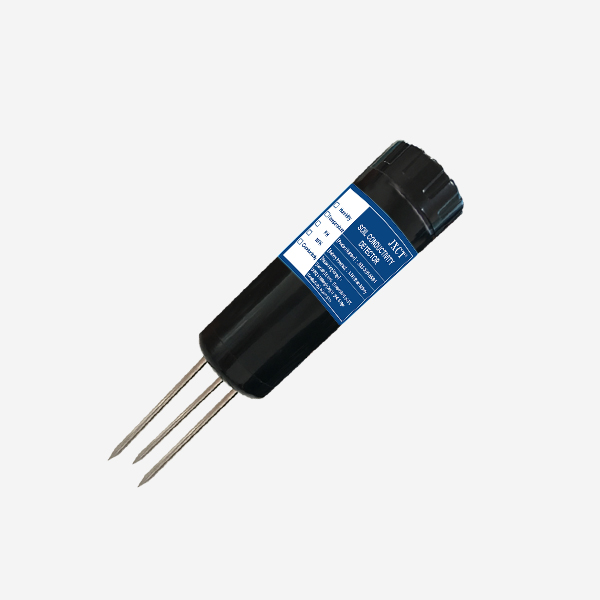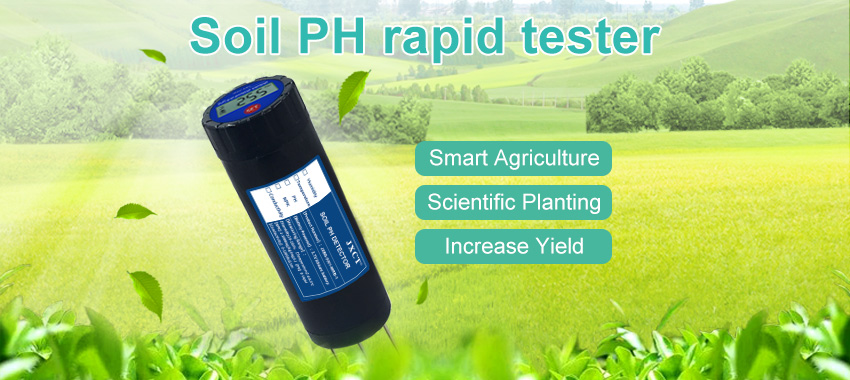Soil sensors are revolutionizing the agricultural industry by providing farmers with real-time data on soil conditions. This article explores the use of soil sensors in enhancing agricultural efficiency through improved soil monitoring, precision fertilization, and water management. The article also highlights the benefits of soil sensors in reducing environmental impact, increasing crop yields, and improving food security.

Introduction
Agriculture is a crucial sector that provides food and income to billions of people around the world. However, traditional farming practices often result in low yields and environmental degradation due to overuse of fertilizers and water. To address these challenges, soil sensors have emerged as a revolutionary tool for enhancing agricultural efficiency. This article explores the role of soil sensors in improving soil monitoring, precision fertilization, and water management to enhance agricultural efficiency.
Soil Monitoring
Soil sensors provide farmers with real-time data on soil conditions such as pH, moisture content, nutrient availability, and temperature. This information helps farmers identify soil fertility hotspots and areas that require additional attention. By using soil sensors, farmers can target fertilizer application to specific areas, reducing the overall amount of fertilizer required and reducing the environmental impact of overfertilization.
Precision Fertilization
Precision fertilization is a key aspect of enhancing agricultural efficiency. Soil sensors allow farmers to identify areas where specific nutrients are lacking, enabling targeted fertilization with minimal waste. This approach reduces the environmental impact of fertilizer application by reducing runoff and leaching into groundwater. It also ensures that crops receive the necessary nutrients to achieve maximum yield without overdosing on fertilizers.
Water Management
Water management is another crucial aspect of enhancing agricultural efficiency. Soil sensors can monitor soil moisture content, enabling farmers to determine when and where to irrigate their fields. This approach reduces water wastage and ensures that crops receive the necessary amount of water for optimal growth. By using soil sensors, farmers can also identify areas where waterlogging occurs, allowing them to take corrective measures such as draining or replanting.
Benefits of Soil Sensors in Enhancing Agricultural Efficiency
Soil sensors provide several benefits in enhancing agricultural efficiency. Firstly, they improve soil fertility by targeting fertilizer application to specific areas, reducing the environmental impact of overfertilization. Secondly, they enable precision fertilization, ensuring that crops receive the necessary nutrients for maximum yield without overdosing on fertilizers. Thirdly, they assist in effective water management, reducing water wastage and ensuring optimal crop growth. Finally, soil sensors improve food security by increasing crop yields and reducing environmental degradation, ensuring sustainable agriculture practices for future generations.
Future Developments
The future of soil sensors in enhancing agricultural efficiency holds significant promise. Advances in sensor technology will enable more sensitive and reliable measurements of soil conditions, providing farmers with even more accurate data for decision-making. In addition, advances in data analytics and machine learning algorithms will enable more accurate prediction and modeling of crop growth patterns, leading to more effective fertilization and water management strategies. Furthermore, the integration of soil sensors with other precision agriculture technologies such as drones and remote sensing will enable farmers to monitor their fields from a distance, reducing the need for manual labor and increasing overall efficiency.

Conclusion
Soil sensors are revolutionizing the agricultural industry by providing farmers with real-time data on soil conditions. They enable precision fertilization, effective water management, and improve soil fertility, resulting in increased crop yields and reduced environmental impact. The future of soil sensors holds promise for further advancements in sensor technology and data analytics that will enable even more effective management strategies for sustainable agriculture practices.
